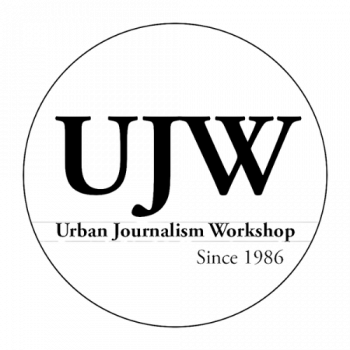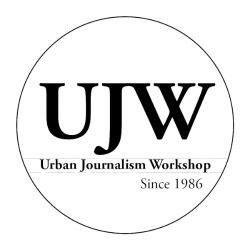By Francies Stephenson
UJW Staff
WASHINGTON — American Sign Language (ASL) involves a series of facial expressions, body language and hand gestures as a means of communication for deaf and hearing-impaired individuals.
But is sign language an effective tool for the deaf or hearing-impaired when it comes to music or concerts?
“I am deaf. I can’t understand the words of choice. I can hear beats … in which it feels rhymes and flows,” said Franco Maddox, a student at Model Secondary School for the Deaf (MSSD). “I would rather sit in front of the concert to feel the music and vibration.”
The Verizon Center is a concert venue and a sports and entertainment center. It’s located in Gallery Place in the District’s Chinatown area and has accessible seating areas for deaf and hearing-impaired people who require sign-language interpreters.
“For all of our accessible-seating patrons, there are locations in every level of the arena. So basically, how it works for an event, they have to purchase tickets through Ticketmaster. Then they can contact the accessible-seating department and they can relocate them based on where they bought their tickets,” said Sheila Francis, director of event and venue communications at the Verizon Center.
Interpreters are usually set up on the lower end of one or two sections in order to have a better view of the crowd. And they normally have their own light attached to a music stand.
The essential elements of sign language interpreting consist of maturity, assertiveness, and flexibility. If an artist chooses to interact with the crowd — rather than solely performing the entire time — the interpreter has to work hard to relay those messages to the deaf patrons.
“Interpreting music involves a lot of work … the meaning …what’s being sung, the intent of what’s being sung all has to go into the choice of signs,” said Barbara Hunt, a certified sign-language interpreter under the Registry of Interpreters for the Deaf (RID). She also is a member of the National Alliance of Black Interpreters (NABI) and an ASL teacher at Woodrow Wilson High School.
Francis said signing at concerts can be tricky because interpreters aren’t shown on the JumboTron and scoreboard at Verizon, for instance.
Hunt said factors like extra lighting and more cameras can be costly in such a venue.
“A lot of music performers do not want anyone else up on the screen but them. They don’t want the attention divided,” Hunt said.
Maddox, the student at Model Secondary School for the Deaf, said he hopes artists start being more mindful of the total audience.
“I want to see some musicians that can learn to sign and (sing) at the same time,” he said.


